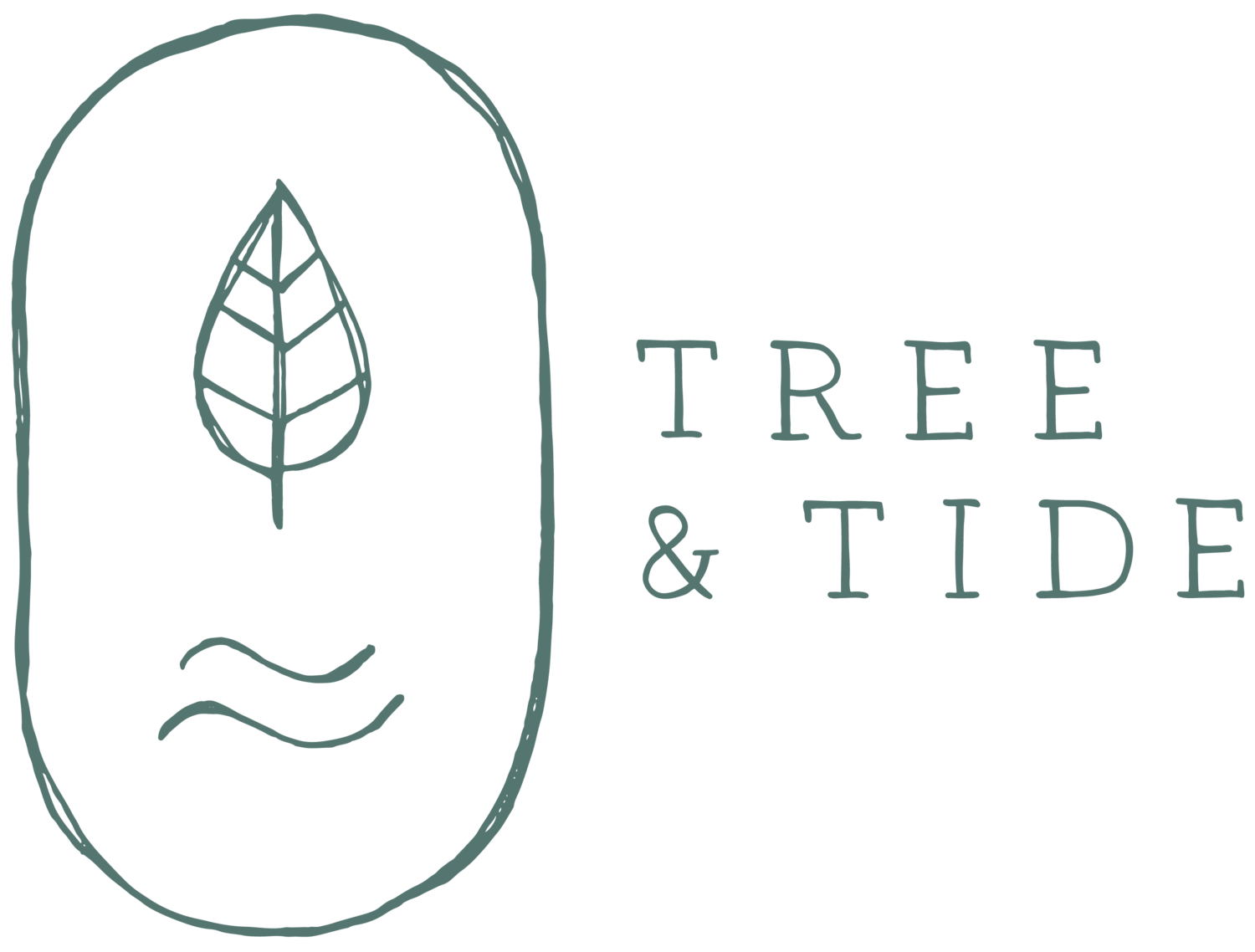
Hello! Thanks for joining me for ‘The Sleep Reset’.
Below are some of the top tips and tools we covered in the workshop.
If you’d like more help with your health and wellbeing, have a look at
A good night’s sleep starts in the morning…
Our eyes are the messenger to this body clock, telling it when it’s time to wake up and sleep.
The light around sunrise, and 1-2 hours after has shorter, blue wavelengths
-> hit back of retina -> starts the clock. Tells the brain: it’s morning
How:
Sit on your back step, in your garage doorway
Walk around neighbourhood
Walk or move in nature, if possible
10mins on a sunny day, 20 when cloudy
No windows/sunglasses/windscreens
Best time for your first caffeinated drink is 90-120mins after you get up (7am: 930/10am).
Just as cortisol is falling, you give yourself another boost.
Turns out, naps are good for you.
We just need the boss to sign off on them…
A build up of stress in our days is one of the biggest obstacles to sleep. Planning pauses and using them to put on the ‘brake’ for our nervous system keeps stress in check.
Tweaking our evenings to optimise sleep…
Setting ourselves up for sleep physically…
Setting ourselves up for sleep mentally…
GNATS & GRATS
A simple practice that stops the ruminating spiral we can get into when we have no distractions
.One side of your notebook write down the ‘gnats’, the bothersome thoughts, the to-do lists.
On the other side of the page, write your ‘grats’: things that happened in your day that you are grateful for, however big or small.
This is a very simple practice with very impressive research behind it and has been shown to improve sleep and also:
improve mood, self-esteem, creativity and will power.
decrease stress and, surprisingly, decreases our dietary fat intake.
Strategies for sleeplessness…
This is a great technique for getting to sleep or back over to sleep.
Cognitive shuffling distracts your brain from going down the worry spiral with random, non-stressful thoughts. It keeps your mind gently occupied so you can drift off.
Pick a walk that you are very familiar with and then mentally imagine your path through it, in real time.
Studies have shown that this is effective at reducing amount of time it takes to fall asleep.
As we mentioned earlier, breathing exercises help shift our body from that accelerator pedal state to a brake pedal state.
The physiological sigh is an evidence based breathing technique that puts on the brake pedal fast:
2 breaths in through the nose, followed by a long slow breath out the mouth.
For some people, listening to something soothing can help with sleepless nights.
A very powerful tool and a flexible, evidence based tool.
This 10 minute audio meditation has been proven to help when you can’t sleep during the night AND as recovery from a bad night’s sleep the day after.
I have recorded one for you - click the button below:
If you have been wakeful for more than 20-25minutes the best thing is to get up.
Go to another room in your house that is quiet, dimly lit, and then either.
do something really boring to get yourself sleepy eg read a textbook, or instruction manual.
OR do something you really enjoy.
Think of it as the gift of unexpected time. This helps break the dread cycle.
“I still can’t sleep….”
Recovering from a sleepless night….
It’s tempting to recoup the losses of a disrupted night by sleeping in but you risk disrupting your body clock, making it difficult to get to sleep that night.
Getting daylight in your eyes reinforces your body clock, so get you the sleep you need that night.
It’s also supports a natural rise in cortisol->give you the get up and go you need as you begin the day.
Exercise, may feel counterintuitive, but again this will help give you a boost of cortisol, a little bit of adrenaline and improve your focus.
We can feel like our day is ruined in advance when we don’t sleep well, that we can’t possibly manage or achieve the things we hoped to.
One study showed our perception of our nights sleep has a stronger affect on our performance than the loss of sleep itself. So change the script!
This is really worth the 10 minute investment after a night of poor sleep either in the morning or in the afternoon when we can some times feels the fatigue more.
You are not powerless when it comes to improving your sleep.
There are so many ways you can begin to get really restful nights.
You don’t have to make all these changes all at once.
Start slowly and with light, if you can, as it has the most powerful impact on our sleep.
Build in a different tool bit by bit and that way you can see which ones are really working for you.
For more health & wellbeing help……
A guided, self-paced online programme to recover mental and emotional wellbeing and build your resilience.
The Rooted Project gives you the tools to help manage all that life brings your way.
Recommended by Health Professionals




































